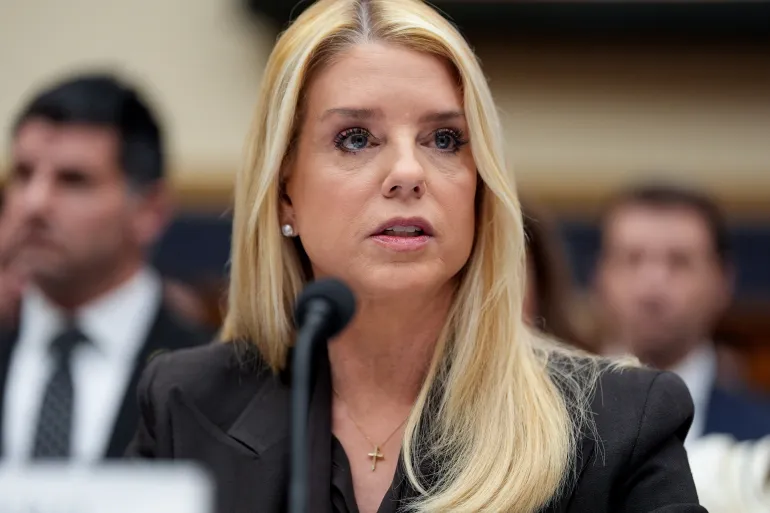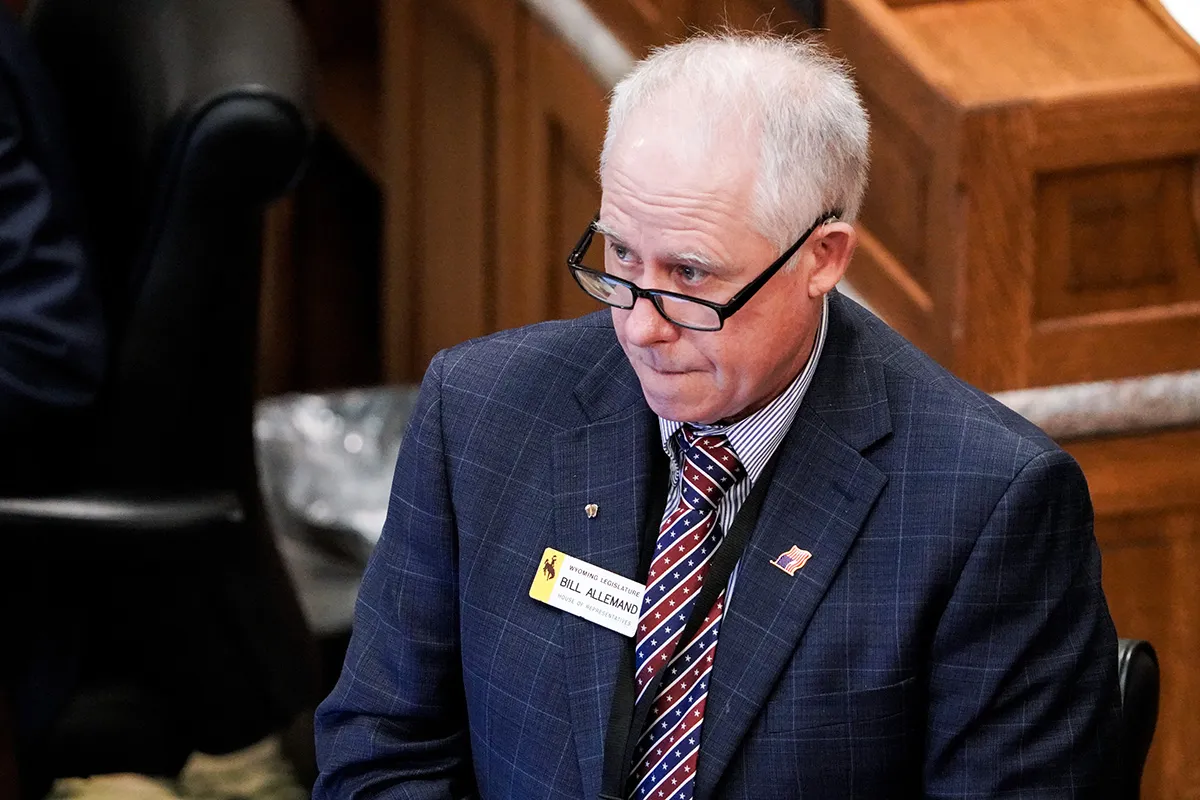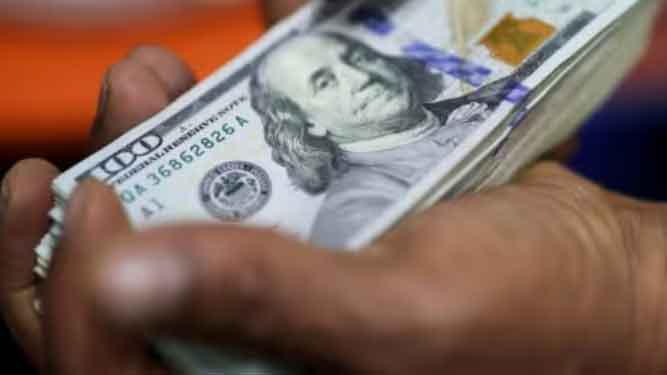US Treasury yields dipped on Thursday as investors weighed the state of the economy following the Federal Reserve’s decision to keep interest rates unchanged.
The benchmark 10-year Treasury yield fell more than four basis points to 4.208%, while the 2-year Treasury yield declined by more than two basis points to 3.953%.
On Wednesday, the Federal Open Market Committee (FOMC) kept its key borrowing rate unchanged, maintaining a range between 4.25% and 4.5%. The Fed also outlined its rate projections for the year, indicating it anticipates a total of 50 basis points in rate cuts by 2025—likely translating into two quarter-point reductions over the course of the year.
Speaking at a press conference after the decision, Fed Chair Jerome Powell emphasized that the central bank remains flexible in its approach.
“If the economy remains strong, and inflation does not continue to move sustainably toward 2%, we can maintain policy restraint for longer,” Powell said. “If the labor market were to weaken unexpectedly, or inflation were to fall more quickly than anticipated, we can ease policy accordingly.”
Following the Fed’s announcement, Treasury yields continued to decline, reflecting investor optimism that interest rates may soon move lower. The 10-year Treasury yield slipped to 4.185%, while the 2-year yield, which is particularly sensitive to Fed policy changes, fell to 3.93%.
Traders have increased their bets on rate cuts, now pricing in approximately 64 basis points of easing by the end of the year—up from 57 basis points just a day earlier.
Despite Powell’s assurance that the economy remains stable, investors remain cautious about slowing growth and the potential impact of new trade policies. Some analysts worry that tariffs and spending cuts could contribute to economic headwinds, prompting the Fed to cut rates sooner than initially expected.
While Powell dismissed immediate recession concerns, market analysts are carefully watching economic indicators. Investors are also awaiting further details on US trade policy, which could influence inflation and growth projections.
“Markets welcomed these projections,” said Christophe Boucher, chief investment officer at ABN Amro. “No hike is on the horizon now, as Powell only mentioned the possibility of a cut or pause.”










The latest news in your social feeds
Subscribe to our social media platforms to stay tuned